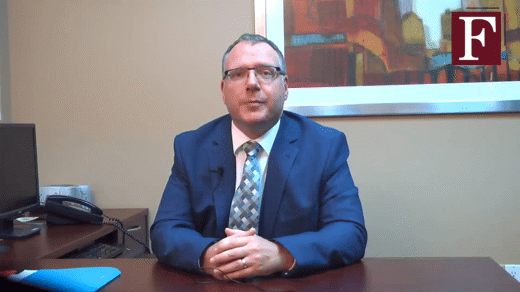In this video, I will talk more about alternative methods for resolving family law disputes. Hello, I’m Nick Slinko, a lawyer at Feldstein Family Law Group.
This is Part 3 of my Alternative Dispute Resolution series. And if you were not enamored by the notion of participating in mediation, arbitration, or the hybrid med-arb, this is the last chance I have to convince you that there are less conflict-ridden ways to resolve your matter outside of Court.
Option 4 is called Collaborative Family Law, or CFL as it is commonly referred to.
Collaborative Family Law is a client-centered (and client-focused) approach to dispute resolution that is often described as a less adversarial process. This process involves a series of meetings between the parties and their lawyers and, if required and/or desired, other non-legal professionals. CFL is entirely voluntary, and one spouse cannot force the other to participate. Given these special rules for CFL, the parties are required to sign a contract called a “Participation Agreement”, where they agree to resolve their issues using the collaborative process, and outside of the Court system. This process, therefore, requires each party to still have a lawyer and if for some reason a resolution cannot be reached through CFL, each party would have to retain a new lawyer to represent them in Court. Each party’s lawyer also needs to be trained in the CFL process.
As this approach is client-focused, the parties are the ones who do most of the talking and brainstorming during meetings. In my experience, this is one of the most appealing aspects of the CFL process. The lawyers function more as keepers of the process, and act to ensure that the meetings remain balanced and productive. There are some similarities to the Court process despite this noticeable difference. For example, like litigation, CFL requires full and frank disclosure by both parties, and this is also a part of the Participation Agreement signed prior to the start of the process.
The collaborative process is multi-disciplinary and subsequent meetings may also bring in non-legal professionals like counselors, parenting coordinators, or financial professionals. Collaborative family law is founded on mutual respect within the meetings, and encourages clients to resolve their disputes creatively, and in a manner that suits their individual family. This tailored result is desirable to people, as it may prove better for their family than a Judge-imposed Court Order. However, you also need people who are willing and able to reach a mutually satisfactory resolution in order to make CFL work.
There are a number of Feldstein Family Law Group members who are trained to practice Collaborative Family Law – please contact our office at 905-581-7222 for the list of these lawyers.
Thank you for taking the time to watch this video, and I hope that you have found it helpful. Please do consult the websites that I have mentioned throughout this series of blogs, as they have more detailed information on each of the topics that I’ve touched on. Do contact us if you wish to retain the services of any of our lawyers to participate in any of these Alternative Dispute Resolution processes, or to hire Andrew Feldstein as your mediator or arbitrator.



